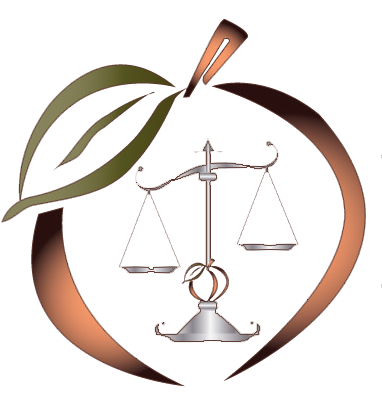What happens when an order is ignored?
When parties are under a court order to divide property, pay support or facilitate parenting time, either party can file a contempt action to ask the judge to make the other party follow the order. “Contempt” is defined as an act of defying or disobeying a court of law, or its orders.
What are contempt penalties?
Penalties for contempt range from no penalty if a person has an affirmative defense for failing to comply with an order, all the way to incarceration where a judge has found that the person willfully disobeyed a court order. In family law cases, most penalties for contempt involving incarceration are imposed to obtain compliance rather than punish. Penalties for punishment are more likely to be imposed by fine than imprisonment when the goal is to sanction for misconduct such as willfully defying a court order.
For example, if a parent fails to pay child support or refuses to deliver a child during the other parent’s parenting time, the parent may file a contempt. If the accused parent can prove they could not pay child support or was unable to deliver the child, they will not be held in contempt. If the judge determines that the parent could pay but refused to, or intentionally interfered with the other parents parenting time, they can impose sanctions, fines and/or incarcerate the parent determined to be in willful contempt.




